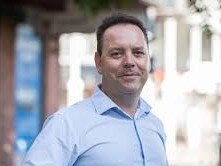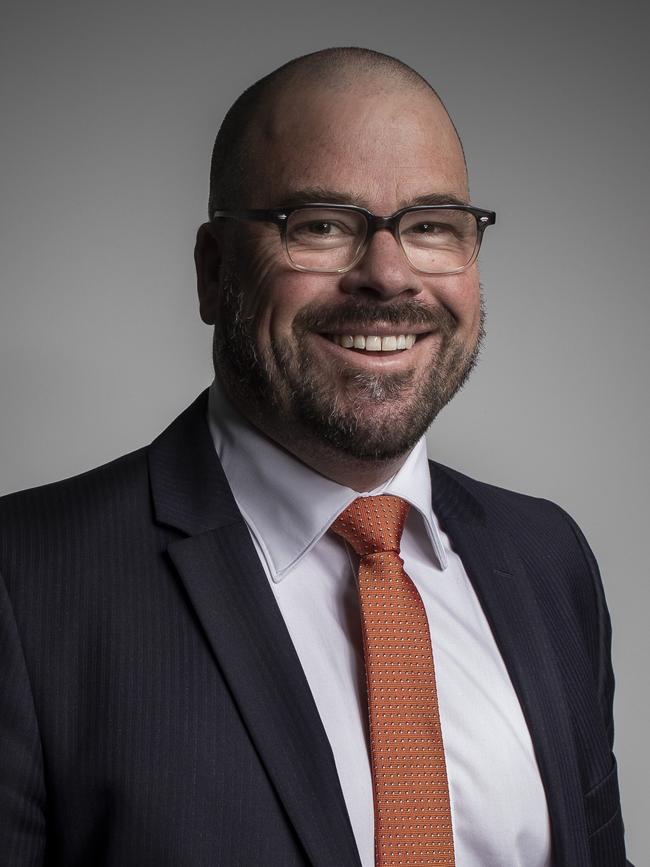Why Darwin drivers are paying so much on transport costs
Darwin motorists are paying almost top dollar for their fuel, despite the temporary cutting of the federal government’s fuel excise, new figures show.
Northern Territory
Don't miss out on the headlines from Northern Territory. Followed categories will be added to My News.
DARWIN drivers are paying for some of the most expensive fuel in the country, with the average cost of filling up soaring more than $10 to $94.36 per week, new figures show.
The quarterly Transport Affordability Index from the Australian Automobile Association (AAA) shows Darwin motorists are paying almost top dollar for their fuel – second only to drivers in Hobart and Sydney, despite the temporary cutting of the federal government’s fuel excise.
While the cost of fuel has shot up, average car loan repayments for Darwin drivers have dropped by about $20 per week – driven by a trend towards cheaper vehicles.
NT families are devoting a greater proportion of their income to transport costs than the national average of 14.7 per cent, the AAA found. In Darwin the average percentage was 15.3 per cent while in Alice Springs it was 15.9 per cent.

AANT CEO Anthony Hill said the rising cost of fuel had a “compounding effect” across all industries and impacted the price of groceries, among other flow-on effects.
AAA Managing Director Michael Bradley said the temporary halving of the fuel excise “doesn’t address long term motoring tax issues and means $3.3 billion of foregone revenue is no longer available to be spent on vital safety upgrades of our transport network”.
“The fact is given we live in an era of rapid electrification and fuel efficiency gains means fuel excise is an unfair and unsustainable tax,” he said.
The AAA is calling for the major parties to outline plans for motoring tax reform, arguing the fuel excise was not fit for the 21st century.
“The AAA is far from the only observer to note it is no longer fair or sustainable to have Australia’s notional ‘road user charge’ based on the consumption of petrol and diesel,” Mr Bradley said.


Analysis by the Grattan Institute showed the halving of the fuel excise – which is due to end in September – benefited high income households the most. High income households would benefit by $1.3 billion, while low-income households would only benefit by $0.75 billion, according to the Grattan analysis.
A new survey of 1005 Australians by the market insights company Savvy found fuel was the primary cost-of-living issue for nearly two in three respondents (64 per cent) – beating out concern about the cost of food, utilities, rent and mortgage payments. Just over half the survey respondents said they would drive less because of the cost of petrol, while 30 per cent said they would just absorb the increase.
Savvy CEO Bill Tsouvalas said rising fuel price rises would disproportionately disadvantage blue collar workers.
“Tradespeople and those who work outdoors are reliant on their ute or car to turn a profit or make their weekly wages,” Mr Tsouvalas said. “This will just add to the woes of the working class who are already feeling the brunt of rising grocery costs. The survey says that thirty per cent of respondents said they’ll just ‘absorb’ the increase. Tradespeople do not have that luxury.”





